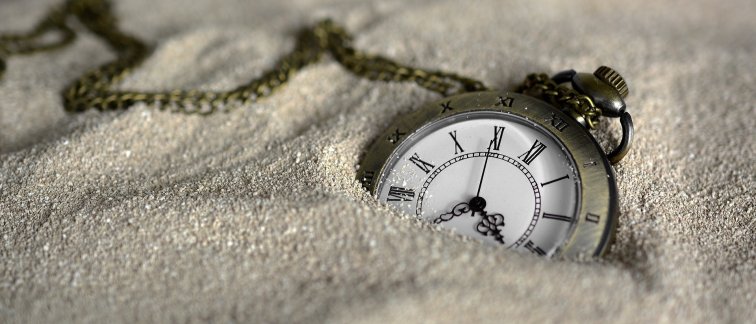By Jordi Cabanas-Danés
Time, such a relative concept. Yet, in modern society we obsess over objectively measuring it, defining it, and dividing it. Living in a hectic world that uses time as a direct measure for efficiency and in turn, praises efficiency as the ultimate goal to achieve, hardly gives us time (pun intended) to think about how we (want to) go about time. In this blog, I would like to reflect on how time within a PhD trajectory is often perceived as an enemy, leading to extra and unnecessary time and performance pressure and how healthy choices can be made.
Time as enemy
A common threat that we experience during a PhD trajectory is the time pressure bound to the expected output. At a larger scale, this is the pressure of having to submit a PhD thesis and defending it within a fixed amount of time. But on a smaller scale, we have to deal with continuous deadlines and we face multiple time-pressure triggers daily. Not only that, but when working in a team, time pressure can also be induced by others, such as your supervisors or colleagues. Lastly, we can even put time-pressure on ourselves, for example, when we compare our progress to that of others, when we struggle with making specific and realistic plans, or when we fear how others my perceive us if we do not spend our time according to certain convictions we might have. A typical consequence of time pressure is that we start pushing our working time beyond our pre-defined limits and by doing that, we are completely neglecting other needs. At this point it is important to be conscious and mindful about the choices we make. Saying yes to working at night to finish or advance some tasks, might mean saying no to healthy choices such as a proper rest, sporting, eating properly, spending quality time with your friends and it might not always mean saying yes to finishing it nor saying yes to quality.
We all (with a few exceptions) seem to have socially and evolutionary accepted that the night hours are meant to sleep and that a fraction of our time needs to be devoted to other biological needs such as eating, restroom visits, etc. However, when it comes to working habits, we tend to see working time as a big, blurry chunk of time that needs to be used equally and in the most efficient way possible. Why can’t we also pay attention to our mental needs during our working time? I think one of the reasons is that we make decisions exclusively based on efficiency. While efficiency comprises the amount of accomplishments achieved with the least amount of wasted time, money, effort, etc., it often overlooks the quality, the impact of our work, or other parameters such as our energy levels or mental well-being. Why don’t we decide to also incorporate these other parameters in the choices we make and what it means to us to work efficiently? Undeniably, there is often an inherent time pressure that comes with a PhD trajectory, but we can still decide to be conscious about our choices when it comes to time. And by that, I do not mean: “I feel tired, therefore I do not work” but rather, “I feel tired, I’ll try to make a start on this task and if after 20 minutes it’s not going anywhere, I’ll stop and get some rest” or “I can’t focus now, so I’ll spend my time on this other low-focus task instead”. It might sound obvious but a sum of such micro-choices can truly make a difference and it might very well change your PhD experience completely.
Time as a resource
How can we start seeing time as a resource or even an asset and not as a ticking bomb then? It might help to turn your approach to plan your days, weeks, months completely upside down. Instead of racing through your days and fighting to cross all the items of an unrealistic to-do list, ask yourself how do you want to spend your time and how much time you want to spend on different tasks. Extrapolate this time to longer periods for larger projects, so that you keep a good overview and be critical if your plan does not match the amount of time you expected to spend on your PhD. In other words, is there enough time in the pantry to feed all the chapters and papers you have in mind? If not, discuss alternatives. A PhD trajectory doesn’t need to be a stressful period nor it doesn’t have to be an accepted notion that a PhD trajectory has to come with sacrifices which will make you tougher or even a better scientist. I would honestly run away from such an environment if someone would try to convince me of the latter. A PhD trajectory simply needs to be well and realistically planned, while having the ability to discuss reasonable alternatives and adaptations of the plan along the way.
Do you recognize yourself in this article? In need of individual guidance and coaching?
The PhD advisors are here for you. Get in touch with us for a consultation (phdadvisor@amsterdamumc.nl).

